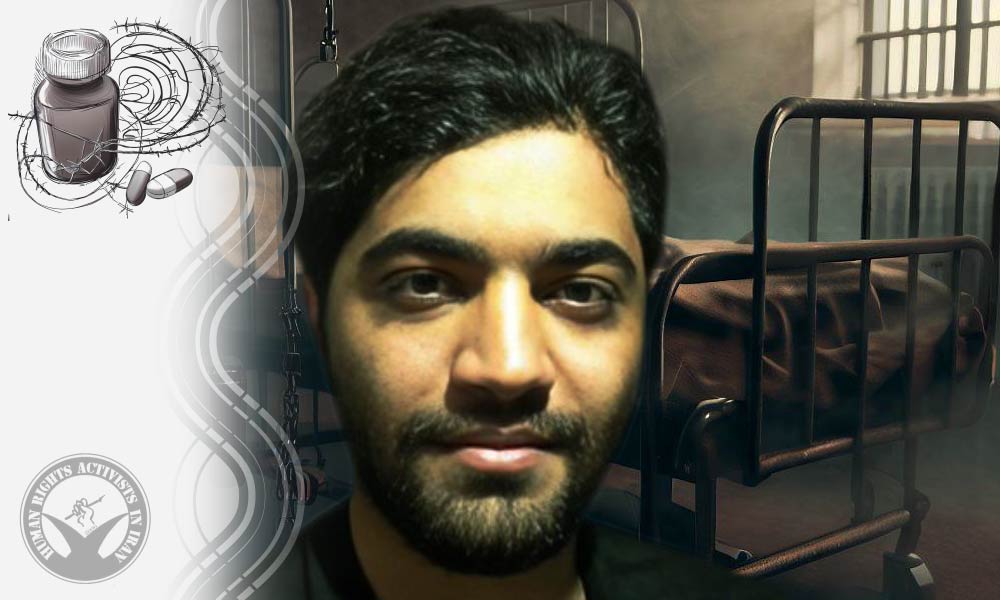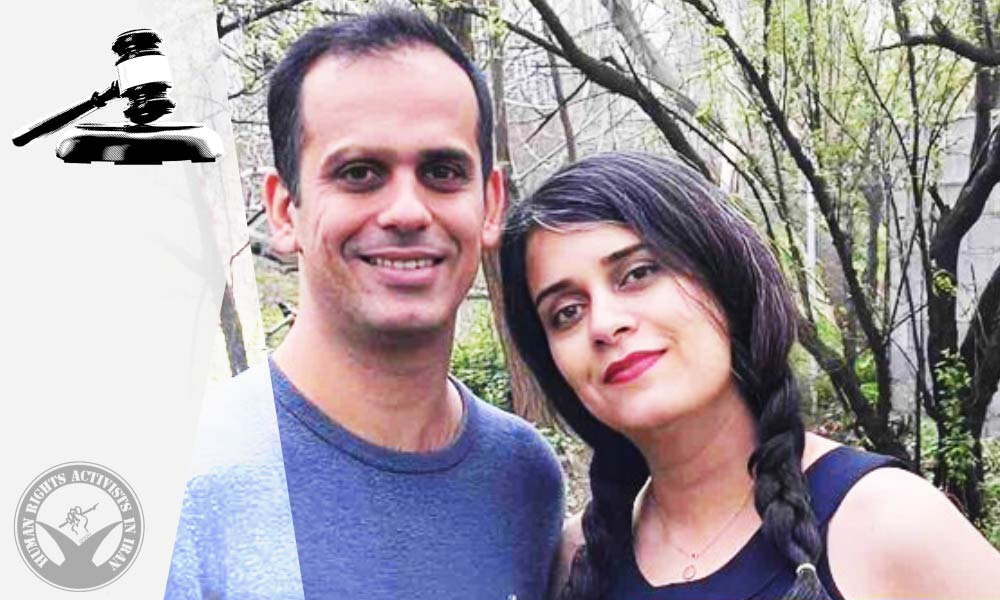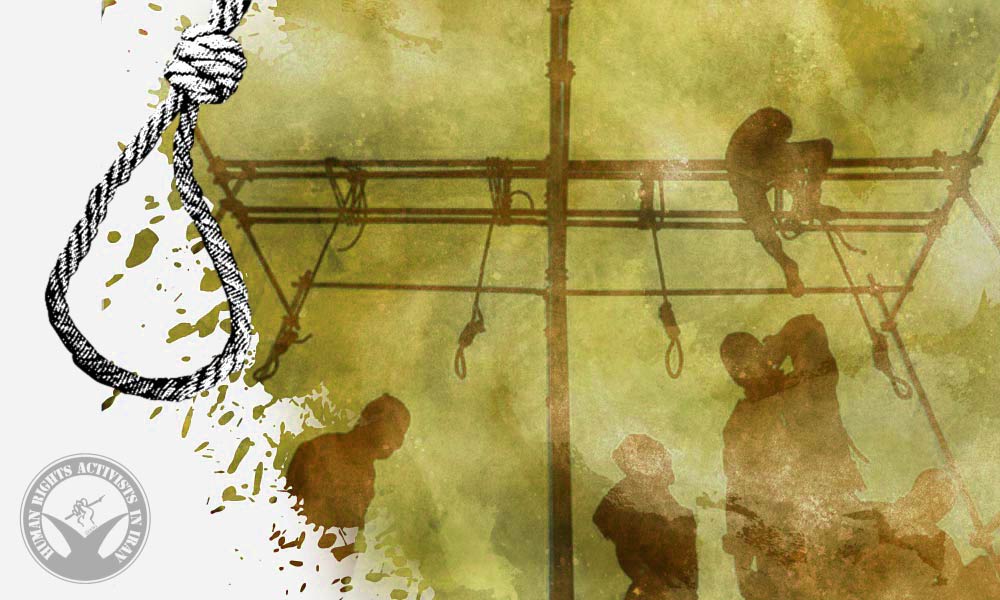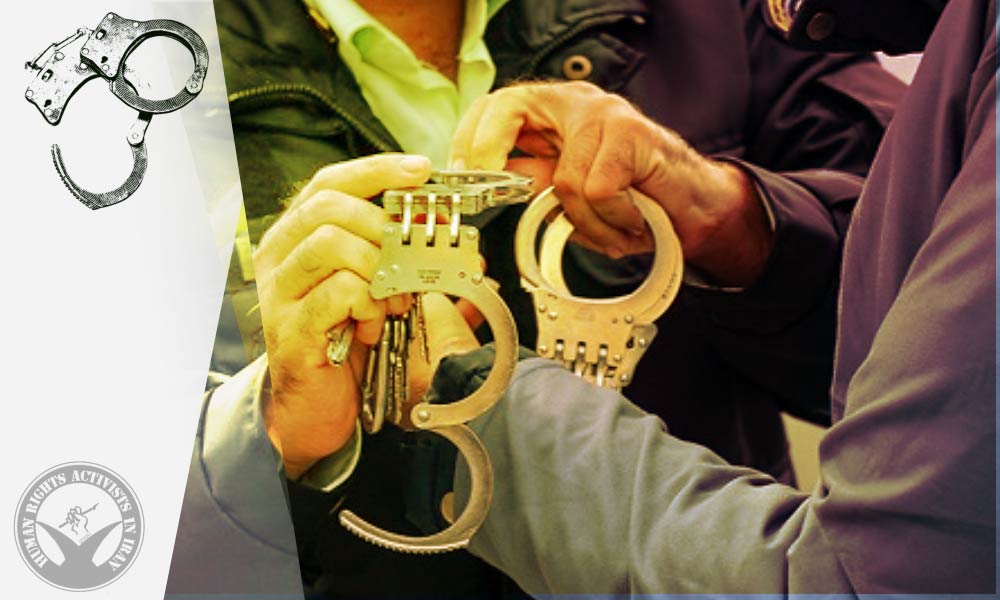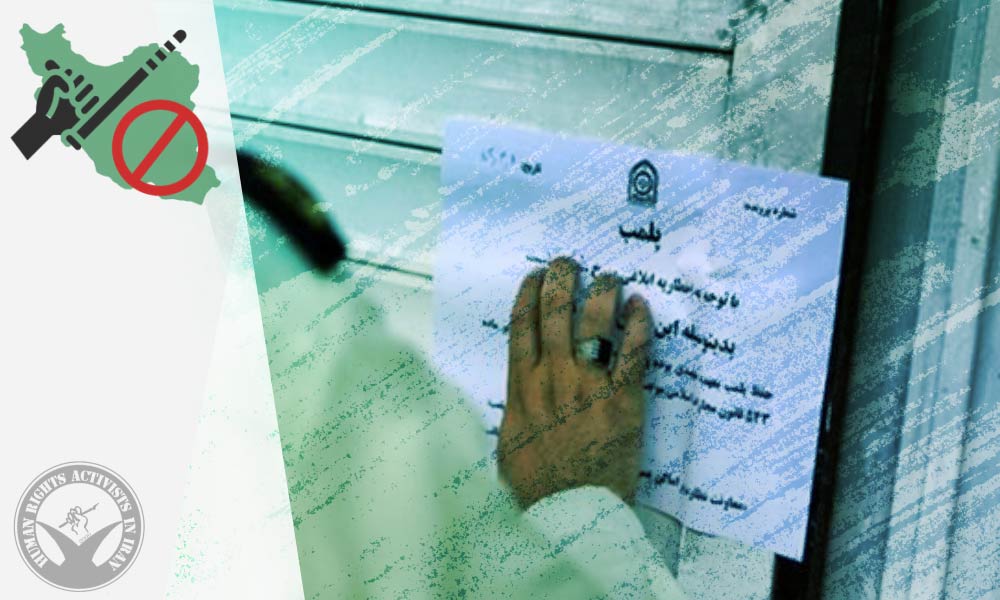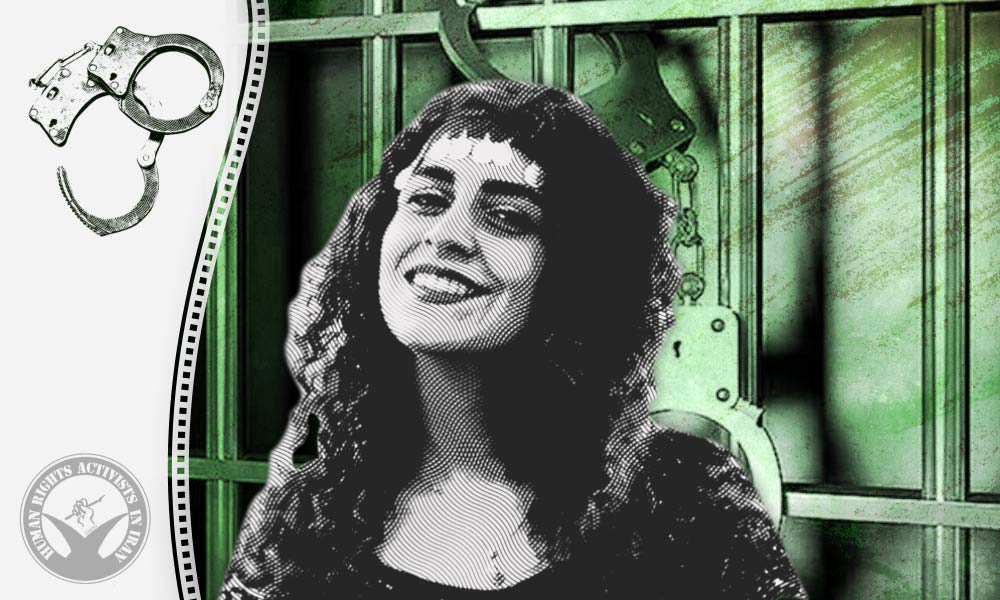On Thursday, August 10, Hamzeh Darwish, a Sunni prisoner incarcerated at Lakan Prison in Rasht, attempted suicide through a pill overdose. He is presently receiving medical care at a hospital in Rasht.
A relative of the detainee informed HRANA: “On Thursday, around 12:30, our family was notified by a call from Lakan Prison that Darwish had attempted suicide by ingesting 12 diazepam pills. This desperate act was a form of protest against the unjust 14-year exile sentence imposed on him. He has since been transferred to Razi Hospital in Rasht. Despite his critical health condition, he remains physically restrained with handcuffs and ankle cuffs.”
According to the same source, security personnel are impeding the family’s ability to enter the hospital and visit Darwish. “After frequent inquiries,” the source continued, “the family has learned that medical procedures were performed, including gastric lavage, and unfortunately, his level of consciousness has declined to a score of 3.”
The Rasht Revolutionary Court has recently handed a 14-year prison sentence in exile to Darvish. This decision was reached based on a verdict issued by presiding Judge Ahmad Darvish Goftar on July 30. According to the judgment, Darvish has been sentenced to five years for “assembly and collusion against national security,” five years for “assisting in deliberate destruction to defy the regime,” two years for “insulting the Supreme Leader of Iran,” and two years for “insulting the founder of the Islamic Republic of Iran.” Due to the charge of “setting fire to a prison building,” he is to serve his sentence in exile in Ramhormoz, Khuzestan province. The period of his detention has been taken into account.
The verdict restricts visitation rights to only his family and relatives during his time in exile. The ruling stipulates that, upon expressing genuine remorse, he may be eligible for a pardon from the Supreme Leader after serving one year in exile.
The verdict is subject to appeal at the Supreme Court of Iran within 20 days of its issuance.
Darvish’s journey through adversity began in 2014 when he was deceived by ISIS forces into traveling to Turkey and later to Syria, as he claims. Following a period of confinement in an ISIS jail, he managed to escape and returned to Iran, where he surrendered himself to security forces.
After spending a year in detention, he was initially released on bail. However, he was subsequently rearrested and sentenced to 15 years imprisonment. On May 11, 2020, he was transferred from Rajai Shahr Prison to Lakan Prison, where he continues to serve his ongoing sentence.



